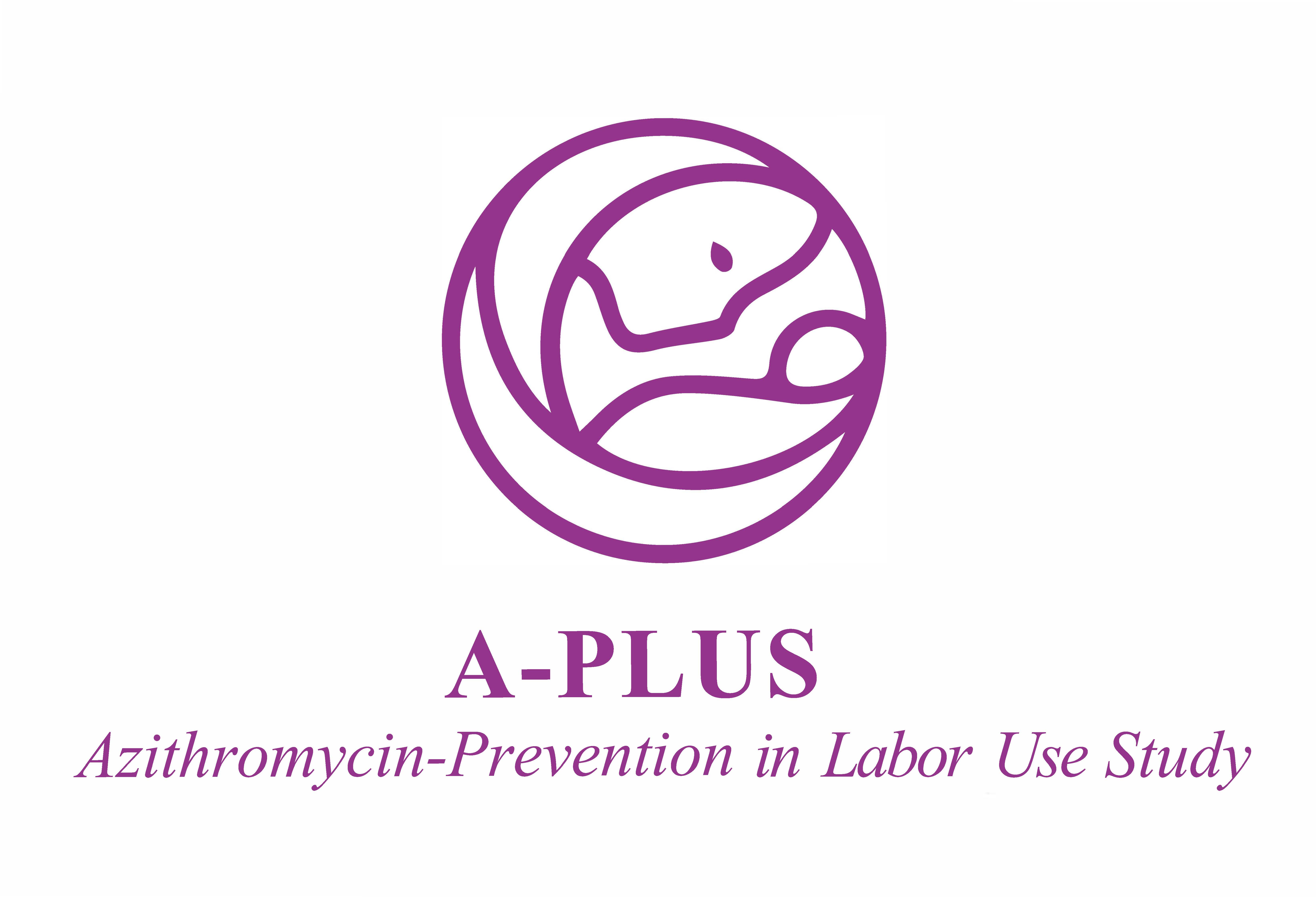
A-PLUS AMR
Current Research: A sub-study of the A-PLUS trial in 1,000 women (and their infants) randomized to a single, prophylactic intrapartum oral dose of 2g azithromycin or placebo will be conducted to monitor antimicrobial resistance and microbiome diversity using nasopharyngeal and rectal swabs collected at baseline 0-1 day, 1 week, 6 weeks, 3 months, 6 months and 12 months postpartum.
An ongoing concern for peripartum and perinatal antibiotic prophylaxis with antibiotics including azithromycin is the selection of resistant organisms including azithromycin- or erythromycin-resistant organisms, methicillin-resistant Staphylococcus aureus (MRSA), vancomycin-resistant enterococcus (VRE), and ampicillin-resistant Escherichia coli. The most frequently encountered mechanism of resistance to azithromycin is modification of the 23S rRNA at positions corresponding to A2058 and A2059 in the Escherichia coli numbering system. In addition, there are concerns about pseudomembranous colitis and disruption of gut and other flora (microbiome) in women and in neonates leading to increased allergic reactions, rash, and childhood asthma. These adverse events and antibiotic resistance are less likely to occur with the single dose prophylactic antibiotic strategy. This requires further evaluation, including the effects on other organisms as well as the microbiome. This sub-study will accomplish this in the following ways:
- Clinical monitoring with culture and sensitivity testing from suspected bacterial infections in mothers and newborns
- Serial susceptibility monitoring of antimicrobial resistance patterns (including azithromycin resistance) from selected maternal and newborn flora through culture and sensitivity testing
- Serial microbiome collection and storage of specimens for future testing to monitor maternal and newborn microbiome status of selected sites.